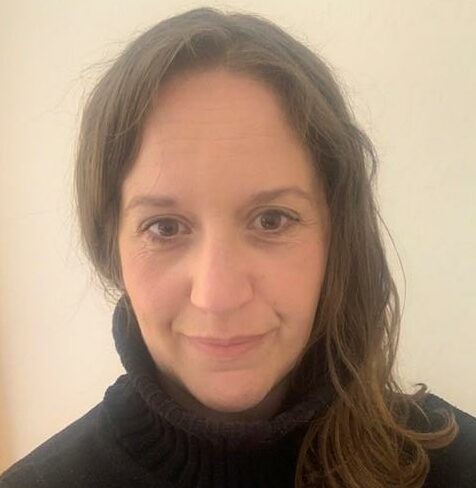The daunting step from school to college or university is one of the biggest young people will take.
But how can those leaving school prepare for the transition from the classroom to the lecture hall?
And how different is working towards Standard and Higher grades to studying for an HNC, HND or degree?
As Fife College launches a new online course to help school leavers prepare for higher education, we explore some of the differences between the stages and the skills young people will need.
When Hamish Fraser, 18, left Lathallan School for Dundee University he knew what he was going to learn but gave little thought to how would learn it.
Several months into his first year studying politics and history, Hamish has adapted to being responsible for his own progress.
You have to work hard yourself rather than someone pushing you to do it.”
Dundee University student Hamish Fraser
He said: “The biggest change to starting at university is you have to try to do a lot more yourself; it’s about your own motivation.
“You have to work hard yourself rather than someone pushing you to do it.”
Hamish, who lived in Montrose before moving to Dundee for his studies, has learned time management and said he is now in a routine where he knows what he has to do and when.
He said: “University is more flexible than school. One of the benefits is you can have a day off and do nothing if you need it but you also know you have to get the work done.”
Hamish is the son of Kay Wheat, a Fife College manager who told us about the new online course, Preparing for Higher Education.
Free course for students-to-be
The free course is open to those embarking on HNC, HND or degree studies at colleges and universities across the country.
Starting in late May for three weeks it will look at areas including report writing, presentation skills, time management and online research.
Kay, director of the care, social science and education faculty, said the personal responsibility required at college or university can take adjusting to and many of the differences from school learning come as a surprise to new students.
If you are an adult learner no one is phoning your mum up anymore to tell her you haven’t turned up for classes or you haven’t submitted a piece of work.”
Kay Wheat, Fife College
She said: “Transitions in education, no matter what stage, whether nursery to P1 or P7 to first year, are difficult and challenging.
“When you move from school to college or university a lot more onus is put on the individual student to be independent.
“If you are an adult learner no one is phoning your mum up anymore to tell her you haven’t turned up for classes or you haven’t submitted a piece of work.”
What do new students need to learn?
Among the new skills students are likely to need are note-taking, referencing, time management and online research.
The course will also cover critical thinking, study skills, analytical skills, report writing and presentation skills.
Learning about these before arrival will, Kay said, boost confidence for new students who may also be anxious about living away from home for the first time.
She said: “When you have a lot changes, like moving away from home, starting a new course, if we can take away some of the concerns in one area it can help you be more confident in everything else.”
The Preparing for Higher Education course is being delivered in partnership with several universities, including Abertay, St Andrews, Edinburgh Napier, Heriot-Watt, Queen Margaret and Robert Gordon.












